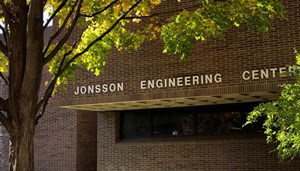Research and teaching are inextricably linked at RPI. Faculty and students challenge each other to ask hard questions and generate new knowledge about everything from qubits to quasars.
The research we’re conducting today will shape the paradigms of tomorrow, transforming the world and our place in it.


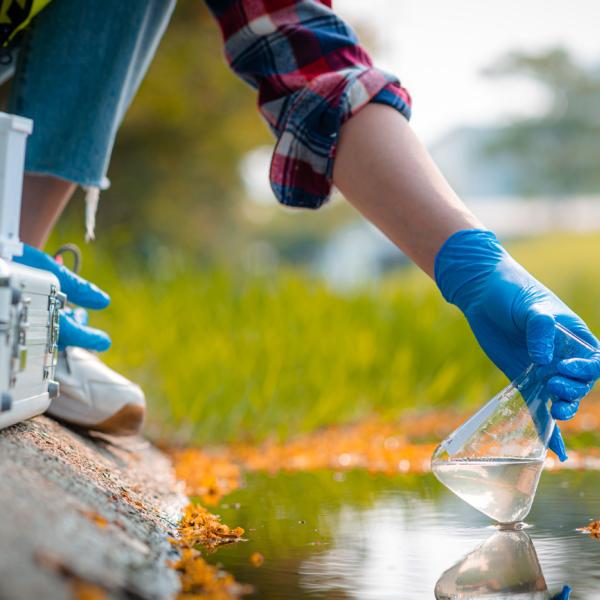
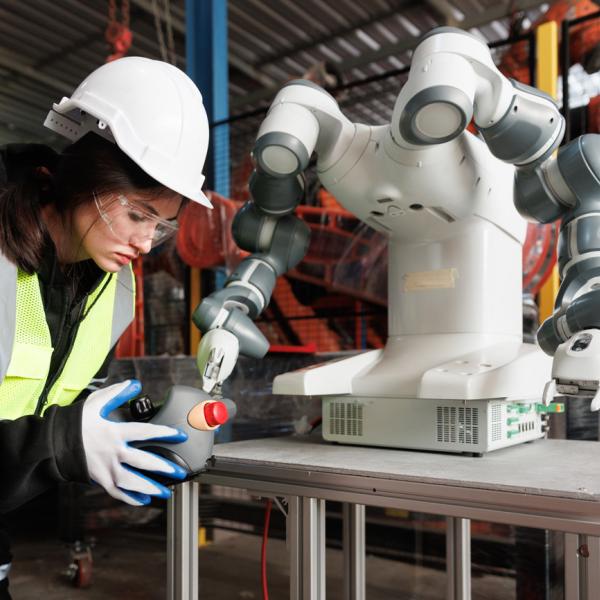
Watch Us Build
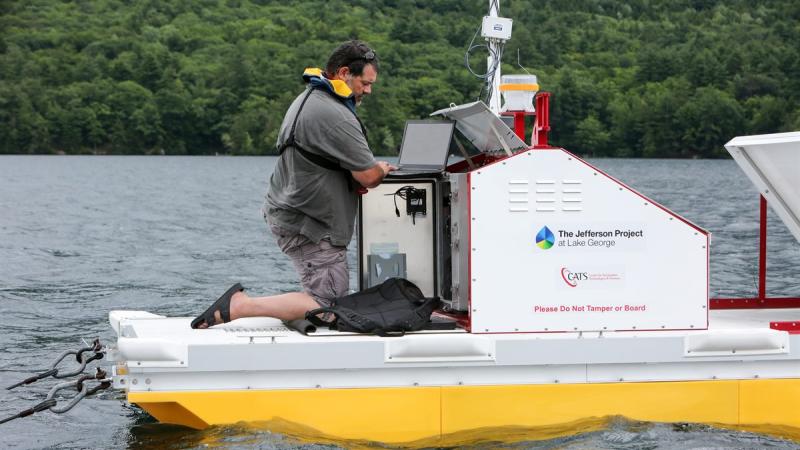
Positive Energy
Rensselaer’s approach to sustainability combines research and regional engagement.
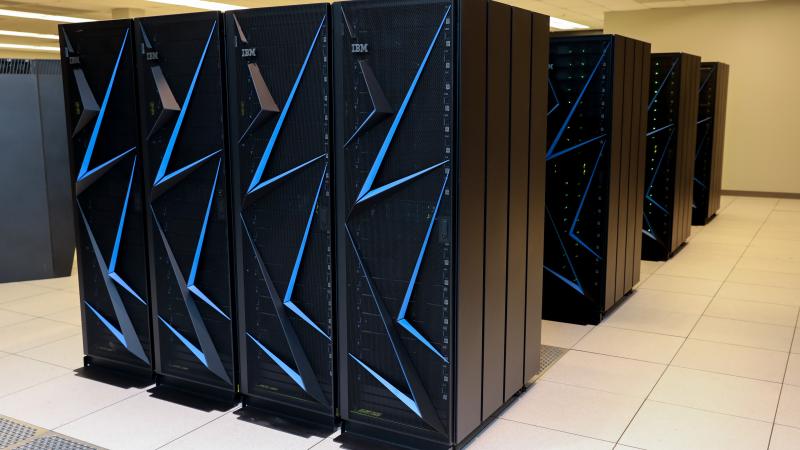
A New Computing Paradigm
Rensselaer researchers will pioneer the field of quantum computing.

Our Place in Space
RPI Engineers explore the cosmos, with or without gravity.
